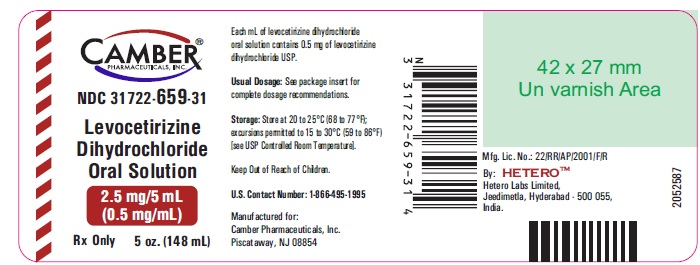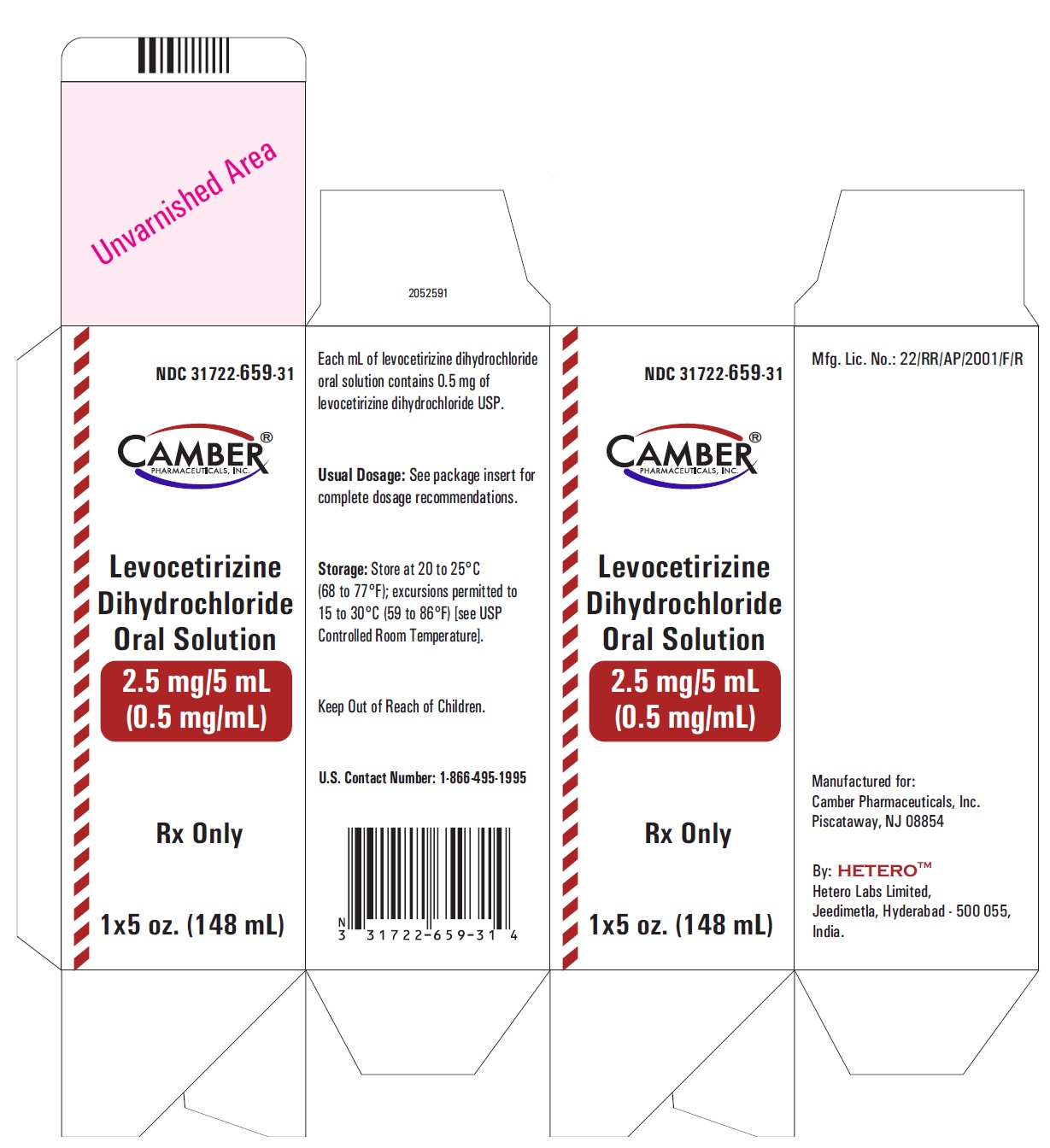
Levocetirizine Dihydrochloride Solution while Breastfeeding
What is Levocetirizine Dihydrochloride Solution used for?
What are the risk associated with Levocetirizine Dihydrochloride Solution usage while breastfeeding? What precautions shall I take while using it in breastfeeding?

Levocetirizine Dihydrochloride Solution Breastfeeding Analsys
Levocetirizine dihydrochloride while Breastfeeding
Low RiskCAS Number: 130018-77-8
Second generation antihistamine drug derived from piperazine with a minimal sedative effect and low toxicity even at higher dose. On latest update no published data about breastfeeding were found. However, it is the R-enantiomer of cetirizine which is considered to be safe while breastfeeding. No short or long-term side effects were found in an infant with a mother who was treated with Cetirizine in the first month post delivery for pemphigus (Westermann 2012). Because of a high plasma protein binding capacity, excretion into breast milk seems to be unlikely. The British Society of Immunology and Allergy rates Cetirizine as compatible with breastfeeding (Powell 2007).
Levocetirizine Dihydrochloride Solution Breastfeeding Analsys - 2
Levocetirizine dihydrochloride while Breastfeeding
CAS Number: 130018-77-8
Levocetirizine is the -enantiomer of cetirizine. Small occasional doses of levocetirizine are probably acceptable during breastfeeding. Larger doses or more prolonged use may cause drowsiness and other effects in the infant or decrease the milk supply, particularly in combination with a sympathomimetic such as pseudoephedrine or before lactation is well established. The British Society for Allergy and Clinical Immunology recommends cetirizine, the racemic form of the drug, at its lowest dose as a preferred choice if an antihistamine is required during breastfeeding.[1]

I already used Levocetirizine Dihydrochloride Solution and meanwhile I breastfed my baby should I be concerned?
During whole lactation period you shall first discuss with your doctor and then together you shall decide whether you shall take that drug or not however if you have already taken Levocetirizine Dihydrochloride Solution then you shall inform your doctor, But you should not be worried too much as Levocetirizine Dihydrochloride Solution comes in category of low risk drug.
I am nursing mother and my doctor has suggested me to use Levocetirizine Dihydrochloride Solution, is it safe?
Though Levocetirizine Dihydrochloride Solution dose not comes in category of safe drugs rather it comes in category of low risk but if your doctor is aware that you are breastfeeding your baby and has still recommended it then its advantages must be outweighing the risks.
If I am using Levocetirizine Dihydrochloride Solution, will my baby need extra monitoring?
Not much
Who can I talk to if I have questions about usage of Levocetirizine Dihydrochloride Solution in breastfeeding?
US
National Womens Health and Breastfeeding Helpline: 800-994-9662 (TDD 888-220-5446) 9 a.m. and 6 p.m. ET, Monday through Friday
UK
National Breastfeeding Helpline: 0300-100-0212 9.30am to 9.30pm, daily
Association of Breastfeeding Mothers: 0300-330-5453
La Leche League: 0345-120-2918
The Breastfeeding Network supporter line in Bengali and Sylheti: 0300-456-2421
National Childbirth Trust (NCT): 0300-330-0700
Australia
National Breastfeeding Helpline: 1800-686-268 24 hours a day, 7 days a week
Canada
Telehealth Ontario for breastfeeding: 1-866-797-0000 24 hours a day, 7 days a week
